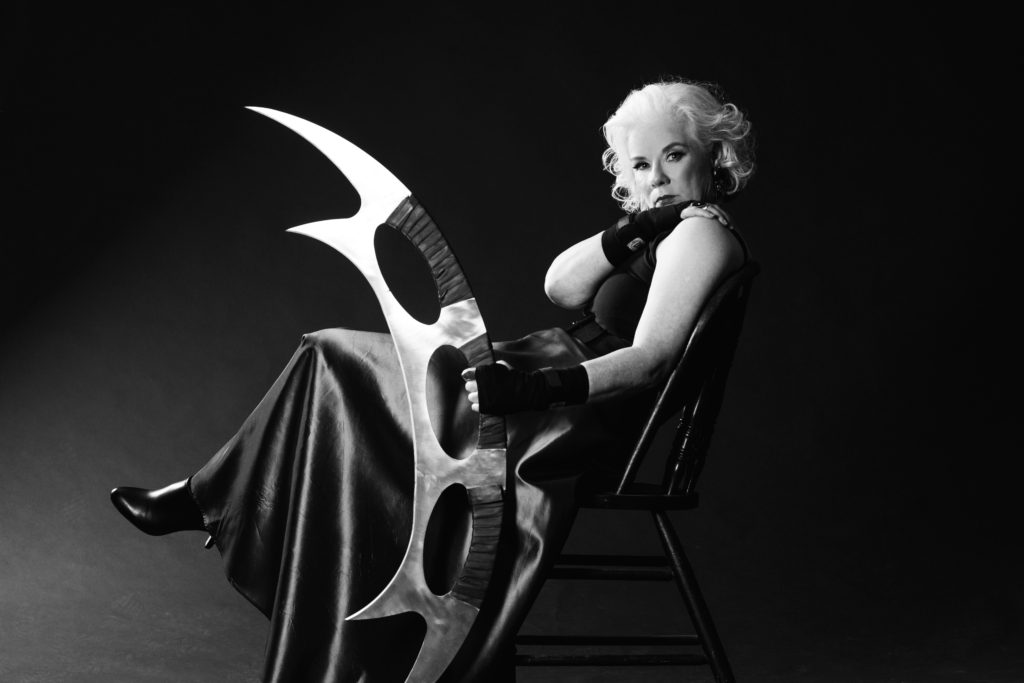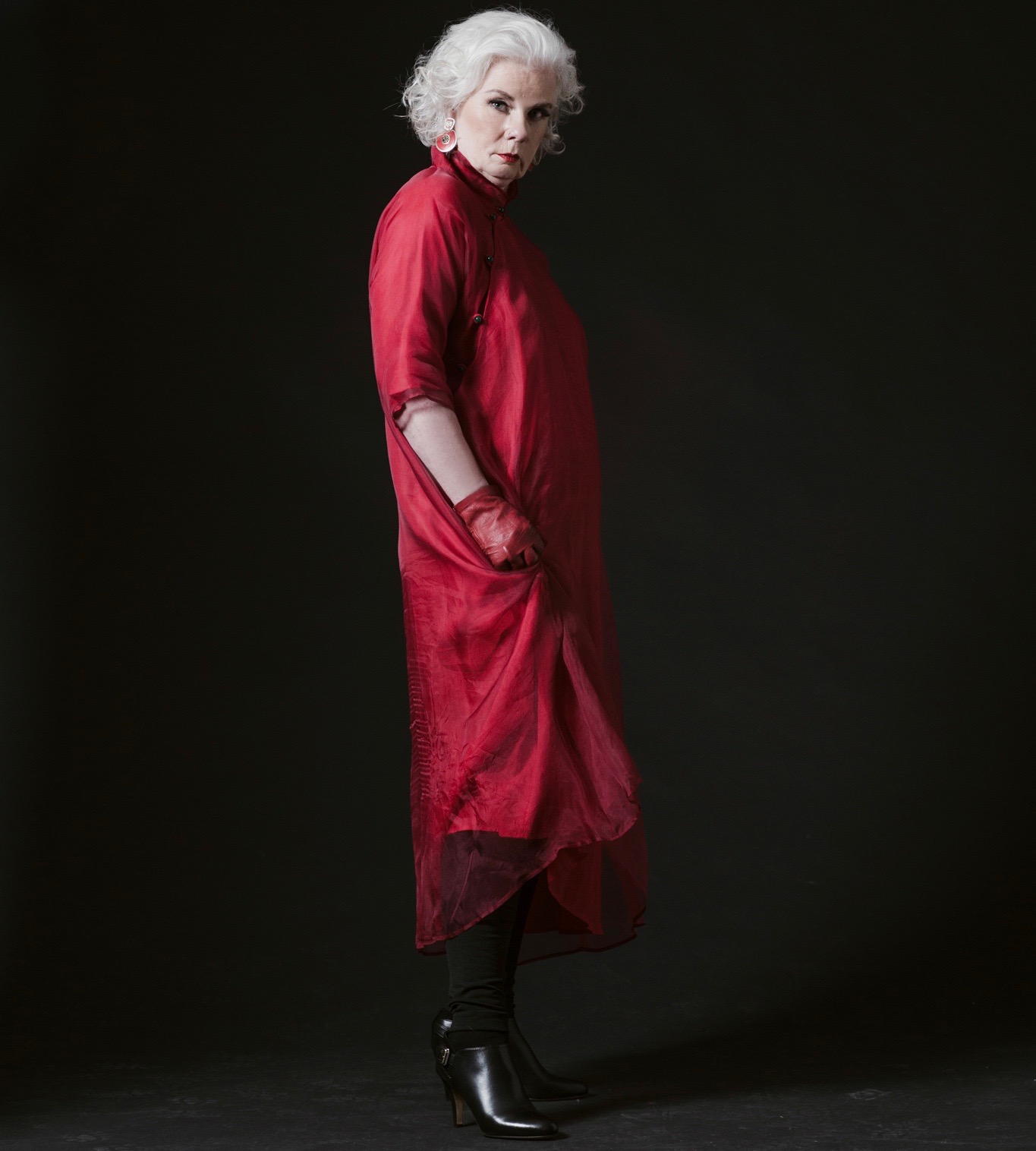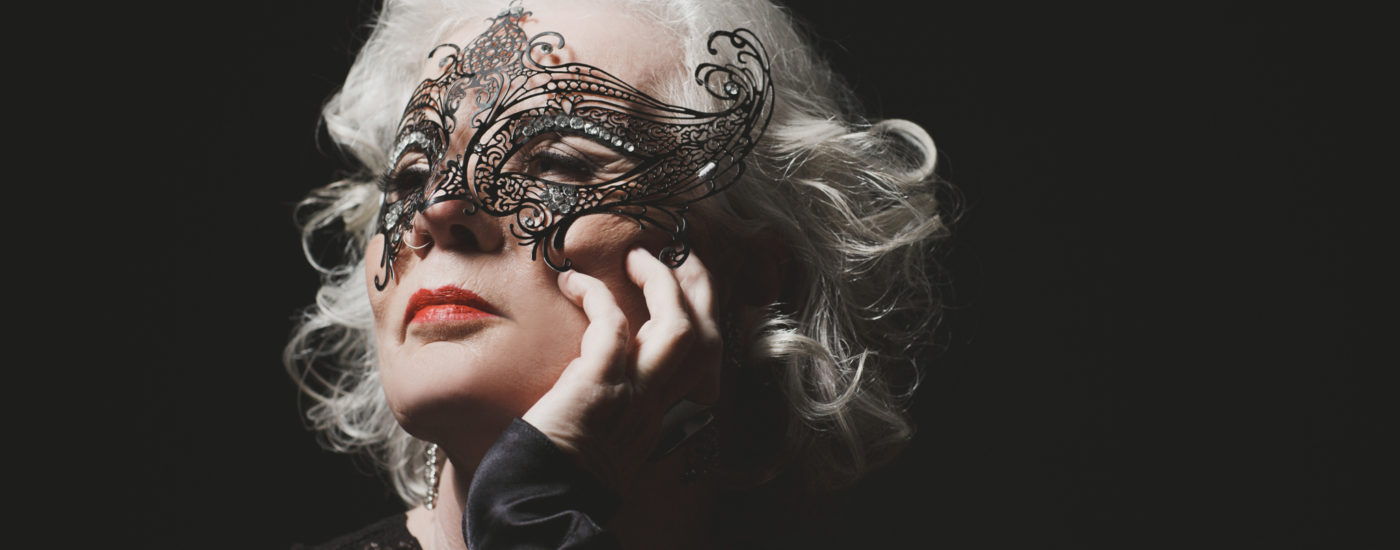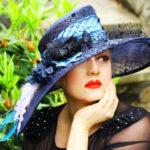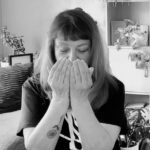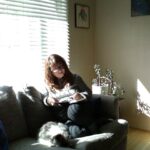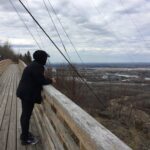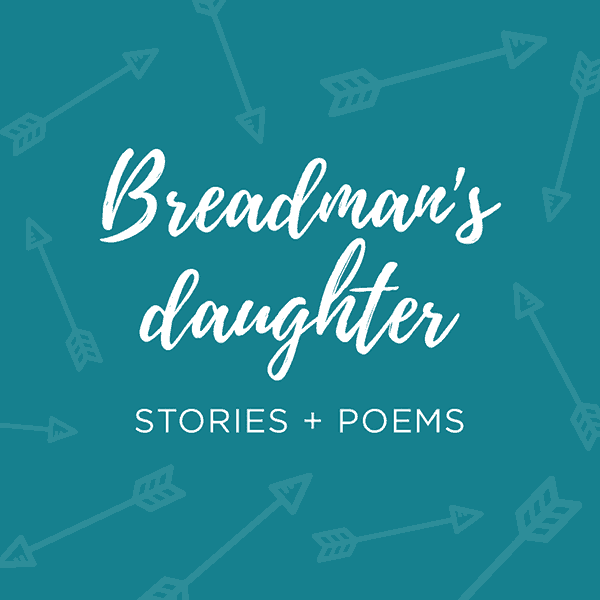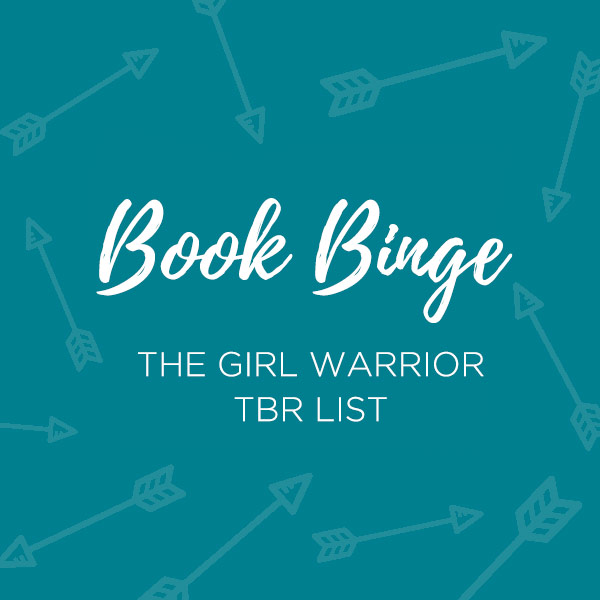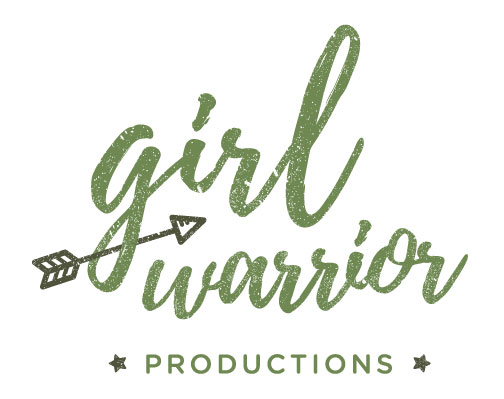Today we raise our fists high and put our hands together in celebration of our Feature Girl Warrior, the brilliant and ever-fascinating Cultural Historian, Sorcha McEwan, creator of “the Older Woman” a philosophical and fitness oriented system aimed at showcasing and mentoring the acumen, power and sheer magnificence of women with a ‘certain’ attitude. Sorcha is a lecturer/writer, nutritionist, food alchemist, body builder, student of Tai Chi and quantum physics, agente provocateuse and hell raiser. She readily admits to not being a fan of conformity. Sorcha loves Nocturne in B Flat Minor by Chopin, the writer, Doris Lessing, the movie Interstellar, cooking outrageously good food with friends and pumping iron. Her favorite women’s organization is The Bene Gesserit. She loves discussing consciousness, human evolution and the perpetuation of an all-inclusive civil society. She prefers style to fashion, blues guitar to symphony and heroism to celebrity. Sorcha’s danced with death (cancer) and survived. In the face of that tango she decided to radically re-write her relationship to food, to food as medicine, to systemic health and fitness. She hangs around with incredibly good-looking men and is into neuro-hacking. And if all of that isn’t enough Sorcha says, “I do a lot of other crazy shit as well and I am loving every fascinating nanosecond of it.”
What makes you a Girl Warrior?
I apologize if I make an error and I will concede a point if I am misinformed. But I rarely, if ever, ask for permission.
What brought you to the conclusion that you weren’t actually studying cultural history for the past 40 years but the history of human consciousness?
I started to study cultural history because even at an early age I recognized that written history excluded far more than it included. Traditional academic studies of history tend to focus on specific subjects, themes and/or eras. Thus, what is highlighted is by implication that which is important, and that which is left out is by implication not just unimportant, but in fact, nonexistent. It goes without saying that the histories which we have been spoon fed were not just the facts deemed to be worth knowing by the victorious, but also by the demographic that the victorious usually represented which was male, paternalistic and in the latter days of imperialism and colonialism was also predominantly European /white.
I became interested in the missing histories: the history of the losers, the defeated, the enslaved, the non-Europeans and of course, that other missing demographic so conspicuous by its absence, the story of women. These stories were nonspecific, neither tethered to dates nor campaigns nor treaties nor laws. They were the narratives of “those in the shadows,” more often discernible in the artifacts of culture. (“The ideas, customs, and social behaviour of a people or society.” OED)
For most of my life I studied these narratives believing that they were representative of the bigger picture of human existence. But eventually (and profoundly connected to the experience of the last five years of my life) I came to realize that the events of human history are symptomatic of a deeper and far more complex set of questions; those concerning the history of human consciousness. This is ground zero of understanding what makes us human and what has motivated our evolution, our behaviors and our impulse to interconnect, to create and to destroy.
The central tenet of your work is that “we do not see the world as it is, we see the world as we are”. How did you arrive at that hypothesis?
Well that’s actually not my hypothesis, the quote belongs to Anais Nin. But it relates directly to the question above. In my studies of human consciousness I’ve been compelled to look at subjects as seemingly diverse as gnosis, the perennial philosophy (the central idea is that Divine Truth is one, timeless, and universal, and that the different religions are but different languages expressing that one Truth), mysticism, depth and transpersonal psychology, neurobiology and quantum physics. All of these subjects shine a light on the nature of reality and how we, as humans, create our realities. Hence (and as pretty much any good spiritual tradition will tell you) what we perceive to be the truth is not a hard, fast, objective fact, but rather a combination of perception, environmental signals, genetic predetermining and last, but certainly not the least, what we believe to be true.
Why is that principle or belief at the very heart of the work you do?
There are approximately seven billion human worldviews on the planet today. Each and every one of these worldviews sees and interacts with the world through the lens of its own conditioning, preferences and biases. That is the world as we are, not in fact, as it actually is. To understand humanity we must understand the distinction between these two points. It is only within the realm of this deeper understanding that we can begin to recognize and consciously engineer the direction of humanity’s relationship to itself and to the planet. We have been largely unconscious of this for the vast majority of history. And we are now reaping the consequences of that historic global shortsightedness.
What’s the difference between growing older and growing old?
In my meandering along the timeline of life I have noted that whereas most of us will concede that growing older is inevitable, that this is a different thing, literally and metaphorically, from growing, and then being, old. Growing old is an endpoint and one in which traditionally physical frailty, mental diminishment and social irrelevance were simply a given.
Growing older (if engaged in intentionally) is a journey and suggests a certain control, agency, a direction and even a certain amount of assets. This can be a new and exciting adventure, especially for women.
Why the older woman?
Traditionally, women’s role in society was determined in three approximate stages and by sexual currency. You were either a maiden (unmarried and presumably sexually innocent), a mother (presumably married and involved in breeding) or you were old (having passed from being the property of your father, to your husband, and latterly, to your hopefully benevolent sons). Women in this third stage of life were essentially socially irrelevant. In many, if not most cultures, accrued female wisdom, insight and experience was disregarded, if not downright ignored.
Fast forward to 2018. For the first time in history many women are no longer shackled by cultural, social, economic or religious dictums generally housed within an all too familiar paternalistic worldview. We are living a lot longer. We are no longer at the mercy of the physiological debilitation that comes from constant pregnancies, miscarriages and births. (Queen Anne of England had 18 pregnancies. None of her children survived her.) We have the potential and the opportunity to create our lives in whatever image we choose to, informed by intelligence, maturity and grace.
We stand at a moment in history when being an older woman can combine a unique combination of talent, strength, economic and political acumen, independence and sheer audacity. We have access to education, intercommunication and a galaxy of opportunity. We know a lot.
Tell us about your business concept the Older Woman.
In 2014 I was diagnosed with breast cancer. I had lived my life as though it was a credit card with no limit. Something had to give and so it had. In the face of the diagnosis (and ALL that it implied) I decided that it was time to take control of my life.
Virtually overnight I changed my lifestyle. To the best of my ability I eliminated everything in my life which provoked stress and sought to re-establish homeostasis in my body and mind in order to create an optimal environment for healing. This included all aspects of nutrition, fitness, and meditation. I started training 5 days a week with a personal trainer. I turned my life into a wellness practice. Was this a coping mechanism? Of course it was. I reasoned that if death was in fact simmering on the horizon than I intended to be in charge of how I lived until I died.
I survived. But from the four years of what I came to think of as “sacred self care” there emerged a body of knowledge, research, experience and insight that seemed to me to be valuable to anyone seeking to redefine and transform the quality and practice of their lives. The concept of the Older Woman emerged from this experience and while being a business concept, is completely a reflection of how who I am and how I live my life.
My business takes a look at five areas in which women (including but not specific to older women) may want to address if they are looking to transform their lives. These areas include 1. Strength and fitness 2. What I refer to as wellness including nutrition, diet and the concept of “food as medicine” 3. What I loosely refer to as cognitive enhancement including the use of nootropics, floatation therapy, biofeedback and meditation 4. Agency, which refers to mindset, intention, focus and goals and last but not least 5. Style; how does each woman bring forth her best self? How does she show up in the world that demonstrates her best, unique and most elegant self? All of these aspects can and are attended to by specific businesses and products. What makes the Older Woman special is the capacity to look at all of these aspects together and to assist in the formulation of an overall client profile which can inform a new and different way of being. And to have a whole lot of fun along the way.
How does “sacred self-care” redefine and transform the quality and practice of our lives? How did it change your life?
The OED defines self care as “The practice of taking an active role in protecting one’s own well-being and happiness, in particular during periods of stress.” It is my observation that in this day and age people are attending less and less to protecting their own well-being. There’s a lot of “I’ll sleep when I die,” kind of thinking going on. Food and its consumption has become an afterthought and generally comes housed in some form of microwavable, artificial packaging containing more ingredients than a medical encyclopedia.
I termed my practice ‘sacred self care’ because it involved both my lower (physical) and higher (metaphysical) Self. For me, this was a tango between life and death. And having entered into that mindset I came to understand that this is applicable to all aspects of living. I think many humans have forgotten this. Technology has allowed us to feel ever more distant from our own mortality and as such we tend to treat our bodies as infinite resources which will never end. Many of us don’t even take a passive role in the protection of our own well-being. Once I redefined my relationship to myself and the care and handling of my body, the quality of my life (and incidentally my definition and experience of happiness) changed dramatically.
What have been the biggest challenges or obstacles that you’ve overcome – personally and/or professionally?
Well obviously the medical diagnosis. And in a strange way surviving the medical diagnosis. The most valuable lesson of that was the lesson of gratitude. Professionally, my scholastic work has not found favor in the current education system as it was deemed too multidisciplinary and unorthodox. And, admittedly, occasionally subversive. But times are changing.
What do we need to know “for sure” about being an “Older Woman”?
It’s not about a specific age. It’s an attitude. It is an unapologetic way of being in the world. And once you allow and embrace the beauty and the power that is your birthright to emerge, you become a force of nature. No kidding.
What would you say to your younger Girl Warrior?
Pay attention. Be patient. Be kind.
What would you say to future Girl Warriors looking for inspiration?
I would give them this quote from Carmen Dell’Orefice, the 83 year old supermodel from Milan.
“Do not waste your time comparing yourself to other women. Do not even waste your time comparing yourself to the younger you. Every day, every hour, recreate who you are.”
Who is/are your Girl Warrior hero(s) and why?
Elizabeth Warren, Naomi Klein, Rebecca Solnit. Really smart, savvy, self disciplined, discerning, unapologetic, gifted. Helen Mirren and Judi Dench. I think the reasons are obvious.
What’s next?
I would like to see this business take off not just because it deserves to. I think it is an idea whose time has come. At another time we can talk mythology and emerging archetypes. Women need models and the greatest thing we can show younger women is that the journey of aging can hold passion, joy, wisdom and spunk.
Where do you see yourself in 5 years?
My greatest passion has and always will be teaching. I hope I can have more and increasing opportunities to bring what I’ve learned out into the world.
What makes you laugh uncontrollably?
I never laugh uncontrollably really. But I admit that the presence of a puppy can cause my IQ level to drop by 100 points in about 2 seconds.
Cry out all the tears?
The magnificence of life, with all that that means.
If a novel were written about your life, what would it be called?
The Book Nobody Gave Me. I think there are certain circumstances and events in life which are unforeseen and overwhelming. I’ve always wanted to write books that address those moments, those experiences, those challenges. To pave the way, to ease the path for those coming behind. For all the younger sisters.
